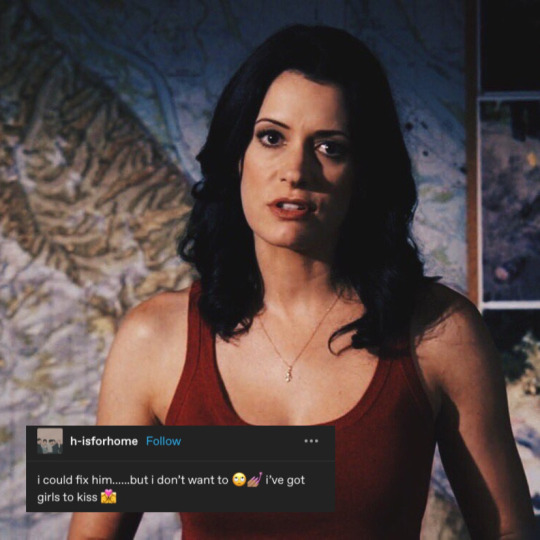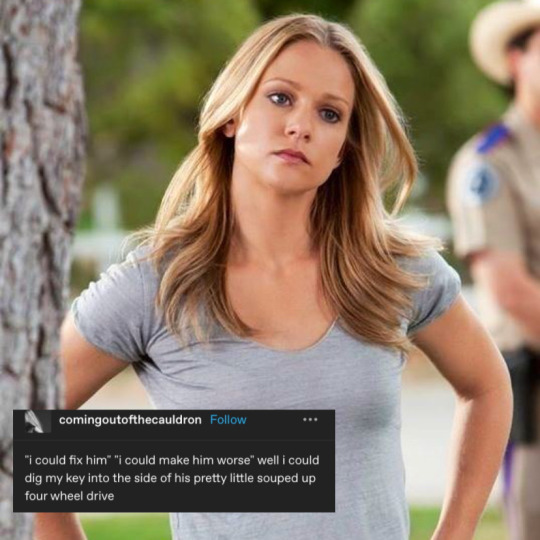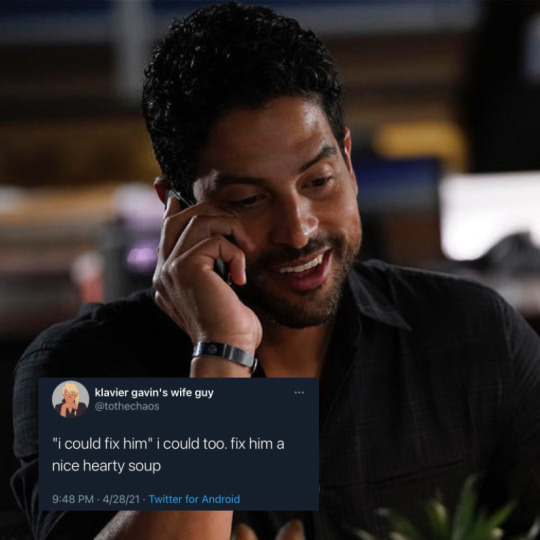Text
whenever I vote in a poll and choose the most popular option I am a champion and when I pick the least popular option I am part of the revolutionary underdog class fighting against the posers
131K notes
·
View notes
Text
the feminine urge to get railed by gwendoline christie
1K notes
·
View notes
Text


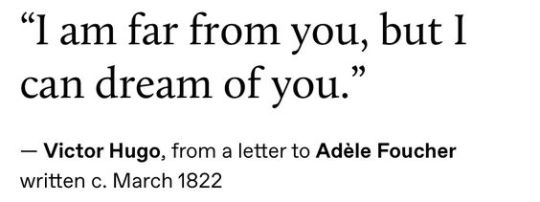

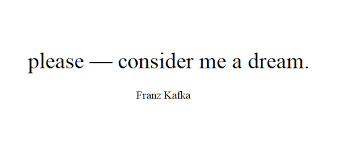





to be plagued by dreams of you
1. orestes by euripides 2. a song of ice and fire by grrm 2. victor hugo, a letter to adèle fourcher 4. summer dreams by henry scott tuke 5. franz kafka 6. saw you in a dream by the japanese house 7. ron hicks 8-9. i had a dream about you by richard siken
2K notes
·
View notes
Text
he’s a fictional character to you, i know him personally
58K notes
·
View notes
Text
remember that you're white before you're anything else and this impacts every single way you interact with the world compared to poc
36K notes
·
View notes
Text
I HATE dom spencer smut. “Spencer grabbed your ass” like UNHAND ME YOU RAGGEDY BITCH!!!!!!!
59 notes
·
View notes
Text
morgan w hair doesn’t even look right wtf



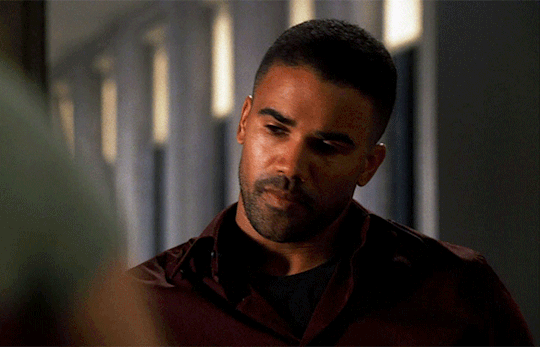

derek morgan 1x07 the fox {gifs}
647 notes
·
View notes
Text
cm sitcom rewrite idea part 2: “going digital”
[BRIEFING ROOM]
HOTCH: I trust that you’ve all reviewed the case details by now, correct?
EVERYONE:
HOTCH: …I sent them to your dot gov email addresses? I forwarded them from JJ?
SPENCER: oh. I don’t really know how to open that. Sorry :(
EMILY: yeah, I made it so everything I get from you goes directly to spam, so I didn’t see them either
DEREK: Me neither. Sorry, man, I just don’t really check my email because I don’t like getting emails and I like to pretend they’re not there
[SOLO INTERVIEW SHOT]
HOTCH: 😐...you know, I think, sometimes, about how I’m missing out on memories with my son for this job.
[BRIEFING ROOM]
ROSSI: wait, since when do we have “dot gov email addresses?”
HOTCH: What do you m—since 2006, Dave. Have you not ever checked your email??
PENELOPE: …I reviewed the case details, sir.
HOTCH: Great. Thank you, Garcia! Thank you. See, this is what a responsible agent looks like, everyone.
[pan to Garcia, who is dressed comically unlike a responsible agent]
HOTCH: THIS is someone who can follow a simple order when asked. I can’t count on the rest of you to show any respect at all. What kind of team is this?
[SOLO INTERVIEW SHOT]
PENELOPE: I did not review the case details. But, um, I didn’t want to get in trouble, so...I’ll just look at them later.
419 notes
·
View notes
Text
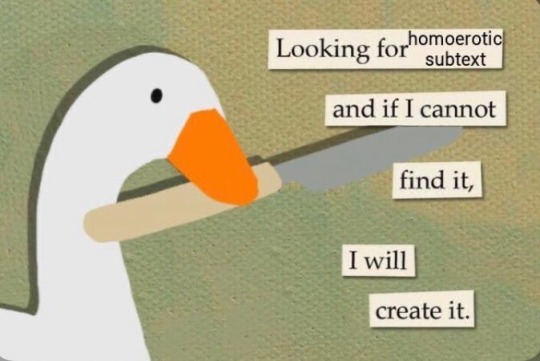
me, forcing a queer storyline on every criminal minds character
960 notes
·
View notes
Text
Would You Admit You? genericappblrurl’s College Essay Masterpost
Here it is: the college essay masterpost. Keep in mind that if you’ve written an essay that fits the description of any of the “don’t do this!” bits, it’s not a reflection on you as a person. The makings of a good college essay are, at times, entirely counterintuitive, so many of the errors in here seem completely justified.
The most important thing to consider when writing a college essay is the degree to which you pass the Turing Test. Basically, do you sound like a person? Even if you think the answer is yes, spoiler alert! There’s a decent chance it’s no. Why? Well, consider the fact that each admissions officer at any selective school reads hundreds, probably thousands of essays per year. Now, consider the fact that most of them have been doing their job for multiple years. That’s a heckton of essays, my friends. That’s so many. And after a while, they all seem to blur together. Now, you might be thinking, hey, but my essay talks about an extremely personal struggle/experience/situation!!! Well, yeah. But so does literally everyone else’s. Even if the specific content of your essay is different, the essay structure itself is still the same. If you designed a computer program that could write college essays, the resulting pieces would look just like the vast majority of college essays that land on any given admissions officer’s desk, and they’d end up in the same sad pile. With that in mind, let’s get started.
*****************
W R I T I N G
~~~~~~~~~~
The Common App Essay/Personal Statement
From an email I sent to a student whose essay I reviewed: “Something to keep in mind is that the amount that any essay says about you is entirely dependent on your writing. You could write an essay about bagels that says a lot about you; you could write a deeply personal piece that says nothing. The mistake that many applicants tend to make is thinking that the subject matter itself has to be something profound; oftentimes, essays like this fall short because their authors put all their energy into writing about something personal and barely any of it into writing well.”
The common app essay/personal statement comes with a few prompts that, in many cases, immediately result in a “Hey! I know exactly what to write about!” And, in many cases, this immediate response is way off base. The prompts are designed as such; these days, when almost everyone has good grades and SAT scores, the essays are the only real way to tell who’s the very best. Even though your story - that immediate response - may be intensely personal, a key component of who you are, it’s still an immediate response to a prompt, and chances are every other person who chose that prompt immediately thought of a similar story from their own life.
Prompt 1: Some students have a background, identity, interest, or talent that is so meaningful they believe their application would be incomplete without it. If this sounds like you, then please share your story.
Key Ideas: Spin it differently, think smaller, keep it positive.
Unless you have a story on par with the plot of Jane The Virgin, be careful. Your struggle to improve your grades/win that competition/make friends/overcome your fears just isn’t that compelling. That doesn’t mean it’s not important; it just isn’t good college essay material unless you can find a way to spin it differently.
If you’re writing about an identity or talent, be sure to think first about the other people in the world who share that identity or talent. What makes your story different?
If you’re writing about overcoming an obstacle such as mental or physical illness, don’t make it a pity party, but don’t become detached. What makes your resilience unique?
Now, something that a lot of people don’t realize is that this essay can also go smaller. You wouldn’t be you without your love of bagels, hatred of carpeted floors, etc. so don’t shy away from writing about something other than a Deeply Personal Struggle Or Experience. These are often the essays that go far, solely because they go against the grain and admissions officers are tired of the monotony. These are the essays that get a “Hey Sue, look at this one!” And voila, a second read.
One other thing to note is that while this background may be painful - mental illness, deported parent, etc - you need to find a way to end on a positive note. A pity party won’t get you in. Regardless of how much the content of the essay makes your admissions officer cry, what they’re looking for is resilience.
Prompt 2: The lessons we take from failure can be fundamental to later success. Recount an incident or time when you experienced failure. How did it affect you, and what did you learn from the experience?
Key Ideas: Plot twist, think smaller, get weird.
The difficulties with this prompt are similar to the first - the essay that first strikes you is just not that compelling. Nobody wants to hear another “I failed a test and studied hard and aced the class!!” essay. Unless your specific incident of failure was wholly unique - maybe you didn’t pull the parachute string on time when skydiving and are now writing this with two broken legs - you’re going to need to think of something else. There are a few easy ways to do this.
Plot twist. You failed in a common way, but your response was super weird. Introduce this weirdness from the beginning. Pro tip: studying hard after failing is not weird.
Think smaller. This one is more creative writing than life story. Think of a really tiny instance of failure - maybe you slipped on the stairs! maybe you cut one nail slightly too short! - and write a mock epic.
Get hella experimental. Use an unconventional format - I know a girl who wrote hers as a series of limericks - or write from an unconventional perspective.
There are certainly other successful essays that aren’t written as one of the three outlined above, so don’t be afraid to do what you think is best. Still, remember to keep in mind the necessity of setting yourself apart.
Prompt 3: Reflect on a time when you challenged a belief or idea. What prompted you to act? Would you make the same decision again?
Key Ideas: Stay humble.
The biggest mistake I see with this prompt is the tendency to wax philosophical & come across as someone who thinks they’re profound. Pro tip: that’s not a good thing. If you think you have something profound to say, write about something else. Seriously. It comes through & it’s not flattering. Note that this is absolutely different from being genuinely passionate about something; let your passion show, but curb your self-righteousness.
Prompt 4: Describe a problem you’ve solved or a problem you’d like to solve. It can be an intellectual challenge, a research query, an ethical dilemma - anything that is of personal importance, no matter the scale. Explain its significance to you and what steps you took or could be taken to identify a solution.
Key Ideas: Stay humble, avoid waxing, let your passion show, get weird.
Many people who choose this prompt use it as an opportunity to wax philosophical about a Big Bad World Issue, but unless you have a truly unique take, don’t bother. Admissions officers have read thousands of essays about the importance of solving world hunger, widespread ignorance, etc. so unless they’ll actually gain something new by reading yours specifically you should steer clear. Some other options for this essay include:
Choosing a smaller problem
Dramatization
An opinion piece on something trivial
And, again, there are many more beyond these, but this is a good starting point if you find yourself stuck.
One other thing to keep in mind is authorial distance. You want to stay close to whatever you choose to write. It needs to feel personal, whatever it is. It needs to feel like you.
Prompt 5: Discuss an accomplishment or event, formal or informal, that marked your transition from childhood to adulthood within your culture, community, or family.
Key Ideas: Plot twist, think smaller, get weird, stay close.
A story of this nature is obviously personally important by definition, but it’s remarkably easy to write one that falls flat and blends in with the crowd. The most prominent issue I’ve seen with essays that use this prompt is the tendency to step back from the event in question through word choice and excessive summarization. What this essay calls for, fundamentally, is a sense of closeness and a feeling that we, as readers, are experiencing it for ourselves. If you’re not ready to get intensely personal, choose a different prompt.
For those of you who choose to write about a formal event or accomplishment, you have two workable options. First, you could write about an event that, while formal, is obscure. Maybe it’s a family tradition to run the perimeter of the city on your 15th birthday while carrying a pineapple. If your event/accomplishment falls into this category, you’re good to go. If it doesn’t, though, you’ll need to tell a truly unique story about the well-recognized event. This can be done through either plot or structure. Did something weird happen? Good. Did everything go according to plan? Spin it differently. Write about your bat mitzvah from the perspective of some relevant non-human object. Write about registering to vote in the format of a screenplay. Bonus points if you have a weird story and an interesting framing device or style.
For those of you who choose to write about an informal event or accomplishment, you’ll have an easier time setting yourself apart because you could write about literally anything. Still, the advice above holds. You’ll either need a story that, plotwise, goes in unexpected directions, or you’ll need to choose a style or framing device that makes an essay about something standard seem like a New York Times bestseller. Ultimately, your goal is to make the admissions team want to keep reading. How you do this is up to you.
Summary: Make the reader care. Make the reader want to keep reading. Seriously, that’s it.
~~~~~~~~~~
The “Why _______” Essay
A good “Why _____” essay shows what you care about. These essays are usually much shorter - generally only about 150 to 250 words - so being concise here is key. As a general rule, if what you wrote could be found in a brochure, delete it. Reading the brochure and liking what it says doesn’t make for a compelling essay. Instead, think smaller. Write about a conversation you had, an interaction you witnessed, etc. and do so in a personal manner. Keep your authorial distance as small as possible. Get weird. Choose a formatting style that fits your story. If you can say something to the admissions officers that they haven’t already heard before, chances are you’ll do much better.
For a more detailed procedure, click here.
~~~~~~~~~~
The Identity Essay
Several schools ask for a short essay about an identity that affects/matters to you in some context. The same advice from the Common App applies to this essay as well. If the identity itself is not unique, write about a unique way in which you interact with it. If you’re given a specific context, write about an identity that normally would not be associated with that context. For example, in my RA application, I was asked to write about how some aspect of my identity influences how I approach conversations about diversity. I could’ve written about being bisexual, Jewish, etc, but instead I wrote about being white and how my whiteness influences the ways in which I approach these conversations. Remember, finally, to keep it personal; don’t wax philosophical about the identity in question. For bonus points, see if you can somehow mention other identities somewhere in there. This isn’t mandatory, but showing that you understand intersectionality is always a plus.
~~~~~~~~~~
The “Respond To This Quote” Essay
This is a super common supplemental essay question, and it’s easy to get stuck when responding to it. The process that I used for this essay went something like this:
Brainstorm. Read the quote and write down everything that comes to your mind in response. This should be closer to a bulleted list than a paragraph; multiple thought trains are what you want to see. To really push yourself, set a timer for ten minutes and force yourself to write for the whole time.
Take a break, then brainstorm again. You’d be surprised at how much you can generate when forced to sit and write for a while.
Look at your clusterfuck of thoughts. Physically cross out anything that doesn’t seem writeable. Physically put a star next to anything you think you’d be excited to write. Don’t think too much about this; go with your gut.
Don’t waste time trying to find the “best” idea! Close your eyes, stick your finger on the page, and write about whichever starred idea is closest to your finger.
Write! And write! And write! Your first draft should be terrible and messy and structurally questionable! Just write!
Take a break, then read over what you wrote and figure out what it says about you. Now, what do you want it to say about you?
Figure out how to get from point A to point B. Which words should you change? Which sentences should you delete? What framing device would best convey what you want to convey? Form the completest plan possible.
Execute!
Read it again, repeat steps 6-9 as necessary until you’re happy.
Some extra tips: this essay is about you, not the quote. The quote is a framing device to get you to reveal more about who you are as a person. Thus, tone and style are crucial. Feel free to take stylistic risks; feel free to get weird. This isn’t a literary analysis.
~~~~~~~~~~
Any Essay That Requires You To Discuss A Book
is not a book report. See extra tips above.
~~~~~~~~~~
The “Talk About A ______ You Love/Admire” Essay
Since this one is super open-ended it’s hard to give concrete “do this and don’t do this” type advice. In general, your goal is still to make the reader want to keep reading. By the end of this essay, your admissions officer should desperately want to google the noun in question, but keep in mind that this is, again, an essay that should reveal something about you. What the reader gets from this essay should exceed that which they could find on Wikipedia, in a biography, etc.; you have to show passion. This is not the place to stay detached or academic; get personal. Love and admire are two strong words and you need to do them justice.
If you find yourself falling into the Wikipedia trap, consider:
Telling a story about [noun] that’s specific to your life. This is always a good bet tbh
Examining your narrative distance. Care harder!
Making a list of things you love about [noun] using the timer method I described in the quote essay section. Go with two minutes instead of ten. This may lead you to see something you wouldn’t have thought to write about beforehand.
Just writing. Stream of consciousness, no pressure to make it good writing. See where it takes you. See which format you naturally fall into.
If all else fails, choosing a different topic.
~~~~~~~~~~
The Extracurricular Essay
Unless you do some completely unheard-of independent work, you’re not the only one who’s participated in a given extracurricular activity. Given this, you have to set yourself apart in other ways. Many of the main problems seen in various common app essays resurface in this one: standard perseverance stories, excessive summarization, etc. Depending on the wording of the prompt, your response will be slightly different, but regardless of wording keep in mind that the essay is about you and your relationship to the activity.
~~~~~~~~~~
The Leadership Essay
This is a fairly common category as well. When writing about leadership, you’ll have a much higher success rate if you choose a narrative-based essay over one that merely summarizes your experiences. The same advice for all these other essays applies here, too; in order to set yourself apart, you need to tell a different story or you need to tell a familiar story differently, bonus points if both. Stay humble. Show instead of telling. Convince the admissions team that leadership is part of who you are, not just something you did to get into college.
~~~~~~~~~~
Stanford’s Supplement
What Matters To You & Why?
Tell a story. Tell a story they haven’t heard. This is truly the place to be yourself. It doesn’t matter what you indicated as your intended major; it doesn’t matter what your extracurriculars were; just answer honestly. I wrote about discovery, I have a friend who wrote about bagels. Regardless of the topic you choose, you have to convince the reader that it actually does matter to you. Keep your narrative distance as small as possible unless you’re making a deliberate stylistic choice; be as vivid as possible in your imagery. Make whatever it is matter to the reader too. Make it feel real.
Intellectual Vitality
This post is great and says everything I would’ve said anyway. Key idea: show them how your mind works.
Letter To Your Future Roommate
Be as weird as you are. Let’s be real: nobody reads a letter from someone that starts with “
~~~~~~~~~~
Other Essays/In Summary
If you’re facing a prompt that doesn’t appear on this list, take the general advice and run with it. In summary:
tell a story that hasn’t been told before
you don’t have to write about something inherently ~profound~
keep a close narrative distance unless you’re making a specific & deliberate stylistic choice not to
what matters most is that the reader wants to keep reading
avoid waxing anything other than passionate
vivid imagery is your friend
summarization is hardly ever useful
personal doesn’t mean unique
don’t be afraid to stray from the “traditional” format
have fun with it!
*****************
E D I T I N G
~~~~~~~~~~
Common Questions
What do I do if I know a phrase sounds weird but I don’t know how to fix it?
Option 1: Read the phrase out loud. What do you want it to convey? Write several different variations of this on a note/side document and see if any of them work better. Adjust surrounding phrases accordingly.
Option 2: Delete the phrase altogether and read the piece without it. What meaning is now missing? What sort of transition is needed? Try to fill the gap. Does it work? If not, delete the replacement, take a ten minute break, and try again.
Option 3: Check the bits surrounding the offending phrase. The root of the problem might lie elsewhere, so don’t get yourself all worked up trying to fix the wrong part!
Option 4: Ask someone for their opinion. Maybe they’ll see a solution that wouldn’t immediately have crossed your mind!
What do I do if a friend/parent/mentor says that a phrase sounds awkward but I don’t think there’s anything wrong?
Ask. Always ask. Unless they gave you specific guidance, you won’t have any idea how to fix this unless you ask. There’s no shame in this; everybody wants you to succeed! If you still don’t see the problem, getting multiple other opinions can be helpful. Ask another friend/parent/mentor to read over the section in question, and if they do point it out but don’t give useful feedback it’s best to delete it and try Option 2 above.
I’m way over word count, but I don’t want to compromise the integrity of the piece! How can I cut down effectively without losing anything important?
How many words do you need to cut? If you’re more than 20% over word count, consider starting from scratch. If you’re not:
Identify redundancies. Highlight these and find a way to consolidate them.
Read your introduction, if you have one. Oftentimes, these words just take up space and don’t add anything to the piece. If your introduction is just a result of years of being told that you need one and doesn’t actually add anything meaningful to the essay, delete it all. Starting from the middle can actually be surprisingly effective!
Same goes for the conclusion. You don’t need to wrap things up like you would in a literary analysis or a research paper; you just need to end strongly.
Identify phrases that could be simplified and simplify them. Did you lose anything important? If so, revert the edit, highlight the section, and come back to it later if you’re really pressed for words.
Contractions are fine. Seriously.
Identify sections that just straight up don’t need to be there. Many people add unnecessary clarification, pointless parentheticals, etc. Not only do these deplete your word supply; they clutter your essay and make it less enjoyable to read. Don’t feel bad if you end up cutting entire paragraphs!
If you use “very” at all, cut it & replace the following words with a stronger one. This one is very important crucial!
Is it okay to be way under word count?
Technically yes, but practically it’s rarely the case that you’ll be able to answer the prompt meaningfully without at least getting close. If you feel done, let yourself be done, but revisit the piece later to confirm. Maybe you’re the master of being ridiculously concise, but chances are that an essay that doesn’t even approach the word limit doesn’t effectively answer the prompt.
~~~~~~~~~~
General Advice
Go through line by line and mark everything that leaves you less than satisfied
Read like an admissions officer. Would you admit you? Do your best to rid yourself of personal bias and just read as a reader.
Unless you’re working with someone who does this regularly, get at least two opinions on anything you write from two very different people in your life. You have no idea who’ll be reading your essay in the end, so a variety of voices in your feedback can be useful.
*****************
R E A D I N G
~~~~~~~~~~
When a friend asks you for feedback on an essay, it can be difficult to remain impartial while editing. The most important thing to keep in mind, though, is that lying to spare their feelings will only do them dirty in the end. So yes, be as critical as you need to be. If something sucks, tell them. But - and this is important - stay friendly. Stay pleasant. Stay constructive. Don’t say “this sucks,” say “I think this section should be reworked so that ______.” And prior to even saying a word about the piece, ask them what sort of feedback they’d find most useful. Those of you who have worked with me before know that this is how I start any editing relationship. This won’t constrain your feedback, necessarily, but it will dictate the manner in which you give it. If your friend has written an absolutely atrocious second paragraph but has asked only for comments on “overall flow,” tell them that the second paragraph interrupts the flow of the rest of the piece because of X Y and Z. It’s not wrong, and it’s not unnecessarily hurtful; your friend will examine the second paragraph carefully and rewrite it to fix X Y and Z, which would have been your goal anyway.
*****************
A D D I T I O N A L R E S O U R C E S
~~~~~~~~~~
Essays that worked:
Remember: inspiration, not emulation. Copying an idea never turns out well; admissions officers are trained to sniff this out.
Johns Hopkins - Essays That Worked
Tufts - Essays That Worked
Hamilton - Essays That Worked
50 Successful Harvard Essays (amazon link with free preview)
I’m not kidding about being weird
~~~~~~~~~~
If you have any specific questions about anything in here, feel free to ask. If you have an essay that you’d like me to read over, check out my contact page for submission details.
Best of luck with this admissions season! I’m rooting for you!
7K notes
·
View notes
Photo
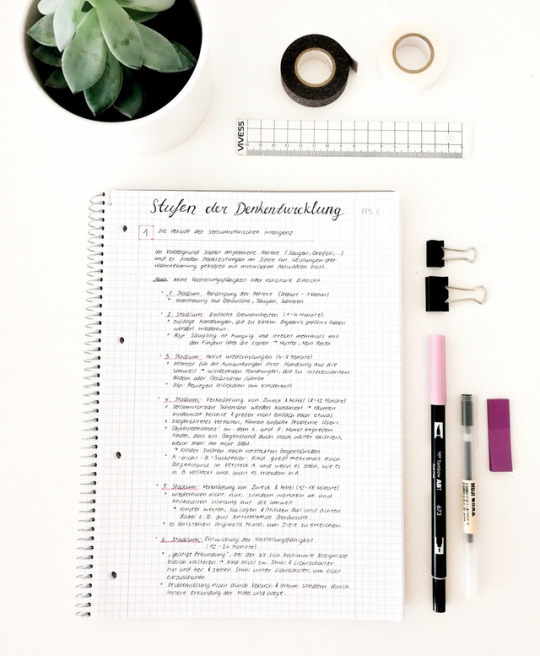
Studying for the psychology exam on Friday 📚 too bad I had to stay at home to study, it’s over 30°C today and this is not very common for Germany 😩
3K notes
·
View notes
Photo
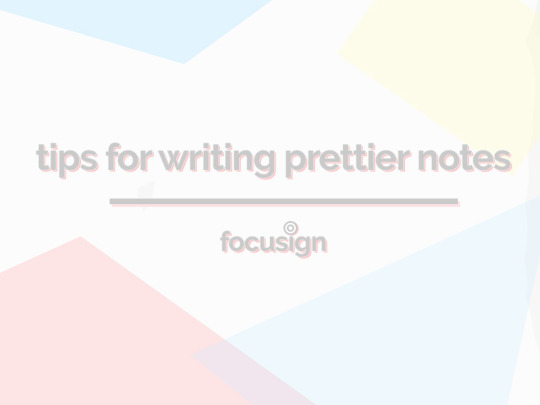
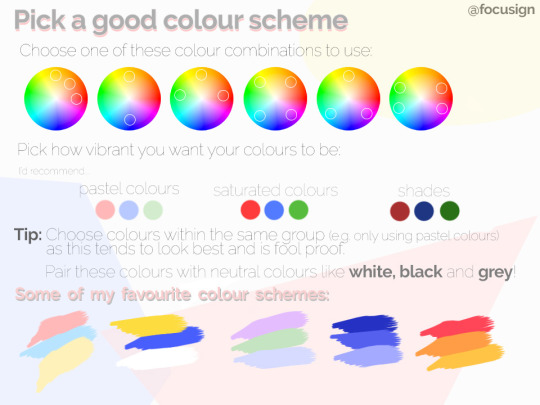
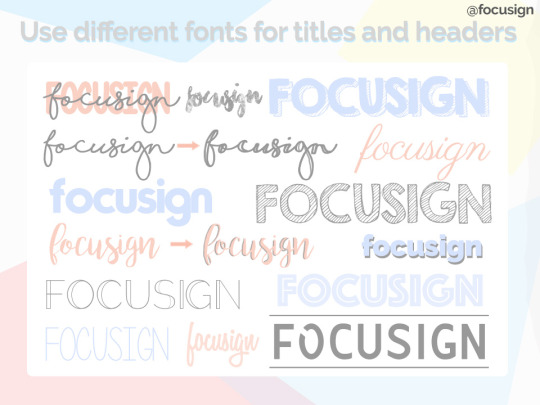


Focusign’s Tips for Writing Prettier Notes ·*✧ → studygram: focusign
I’ve had some people ask me for tips on how to make their notes more interesting and nicer to look at and finally finished this post. Click each image to enlarge it so that it’s easier to read! I hope everyone find it useful because I died a little making it haha. :-) I’m now going to eat dinner and watch my kdramas which i’ve been neglecting to watch in order to finish this post ^_^
12K notes
·
View notes
Text
Reblog if you're not American
I get a lot of people assuming I’m from America when they meet me on tumblr. I wanna see how many people here aren’t American!
349K notes
·
View notes
Photo

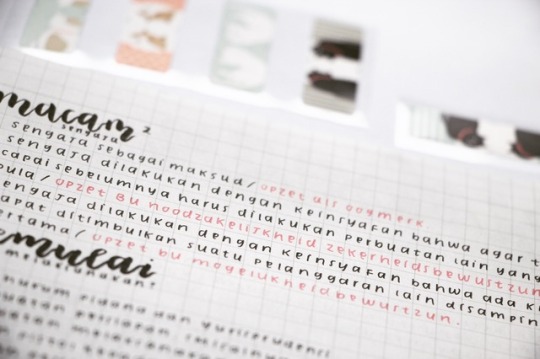

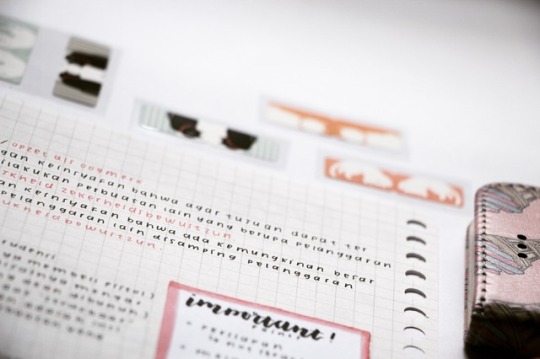
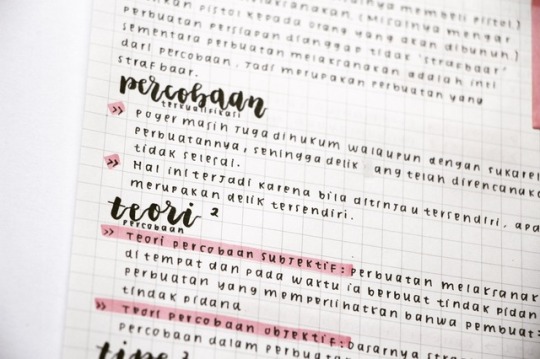
Hello!!💕 Here’s the other side of one of my notes. Usually, I take pictures of the front side bc of the title ahah but I want to show you the other side so here you go! As you can see, the mildliner&watercolor&brushpens I used on the front side doesn’t really show. I’m using Kokuyo loose leaf and they’re super great!!
Have a lovely day🌸✨
Studgram: @natastudies
Youtube: https://youtu.be/1RXkfA6N-Xg
8K notes
·
View notes


